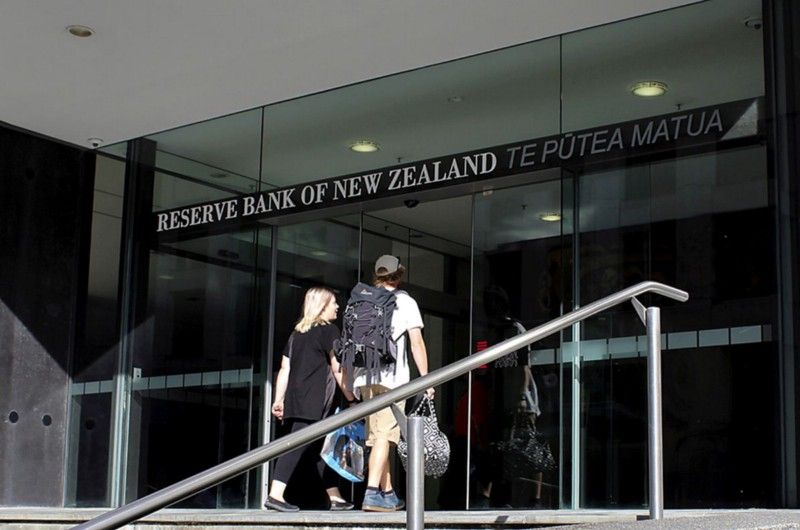New Zealand Raises Interest Rates to 7-Year High
In its eighth rate increase in 12 months, New Zealand’s central bank raised interest rates by 0.5% to a 7-year high benchmark rate of 3.5% on Wednesday.

Facts
- In its eighth rate increase in 12 months, New Zealand’s central bank raised interest rates by 0.5% to a 7-year high benchmark rate of 3.5% on Wednesday.
- The Reserve Bank of New Zealand’s (RBNZ) Monetary Policy Committee (MPC) said the move was an attempt to tackle inflation, which currently stands at 7.3%, and “contribute to maximum sustainable employment” as the country experiences “labor shortages” and “heightened” wage pressure.
- The country’s 3.3% unemployment is near historic lows, with 43% of businesses citing labor as a key barrier in a recent survey.
- The MPC noted that overall consumption remained stable despite increased inflation and rate hikes. However, they do expect the current drop in house and other asset prices to negatively impact household consumption.
- The MPC forecasts that it will continue to make rate hikes, suggesting its objective is to raise it another 0.5% to 4.0% at its next meeting in November and eventually hit a benchmark of 4.5% by next May.
Sources: Reuters, Interest, Trading Economics, and Al Jazeera.
Narratives
- Pro-establishment narrative, as provided by US News. As seen by the responses from New Zealand’s average business owners, workers, and consumers, rising prices are by far the most significant economic issue the country is facing right now. With supply issues easing at a tremendously slow pace, the RBNZ has made a sensible decision to raise rates further.
- Anti-establishment narrative, as provided by Massey. A significant cause of the current supply and demand issues is rising oil and gas prices. Since increased oil and gas prices affect the cost of practically everything else, getting inflation under control requires increasing that supply, not only interest rates.






